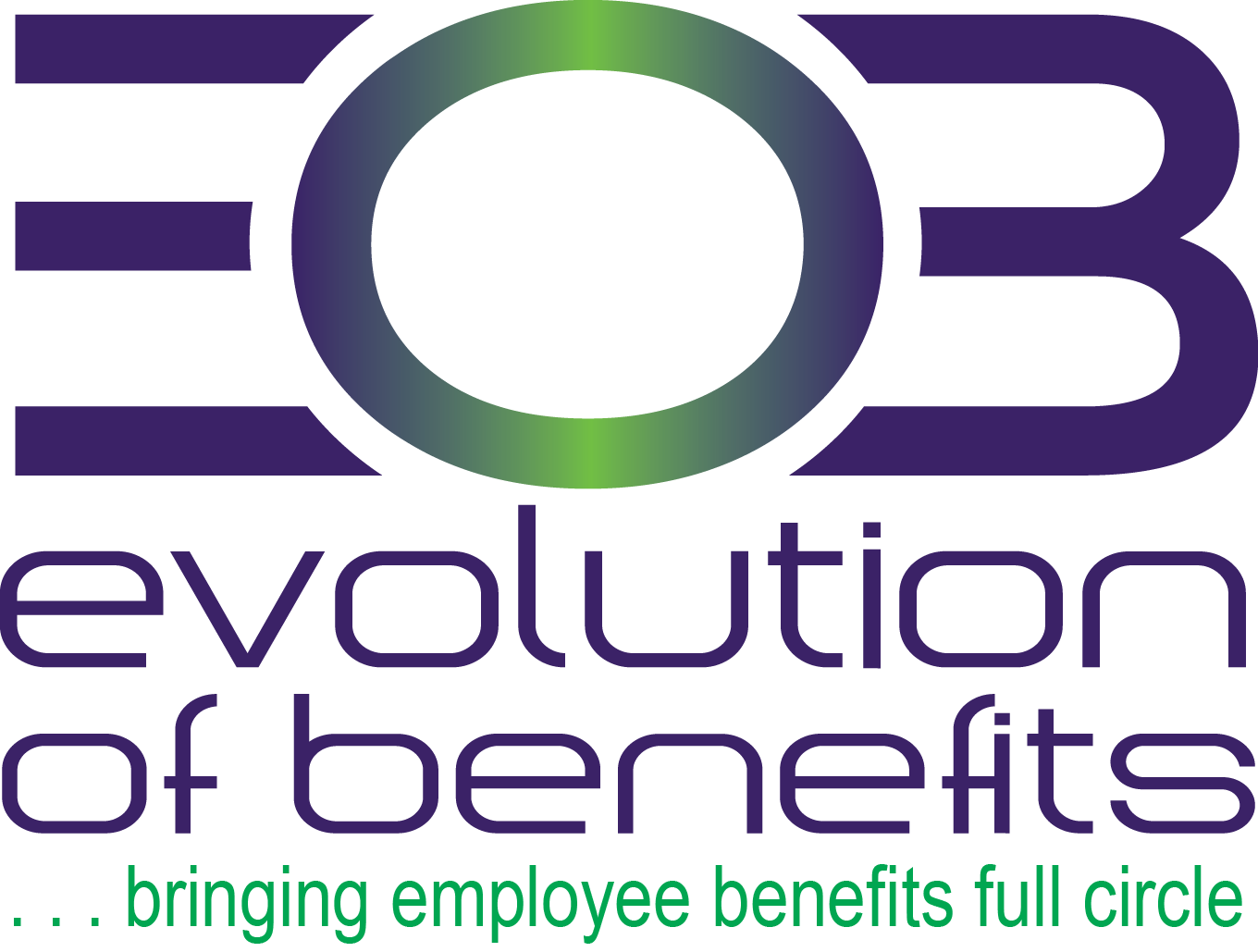Healthcare Reimbursement Arrangements
By purchasing a high deductible health insurance plan, an employer reduces his/her premiums. From these premium savings, monies can be set aside to help offset some or all of an employee’s additional out-of-pocket liability.
Healthcare Reimbursement Arrangements (HRAs) are part of the IRS code section 105 “defined contribution plans”. Final regulations were released in June of 2002 allowing for HRAs to be allowed on a tax favorable basis.
IRS guidelines allow for the following
• There are no plan design requirements to qualify for an HRA plan
• HRA accounts must be funded with employer dollars
• Monies reimbursed to an employee for eligible out of pocket medical expenses are deductible to the employer (monies are not deductible until actual reimbursements are made)
• Monies are received by the employee as non-taxable income
Employers can elect to have the entire fund assigned to the employee, or only reimburse for actual eligible expenses incurred
| Assigning the entire fund to the employee | Reimbursing only for actual eligible expenses incurred |
| Premiums savings are automatically reduced since funds are assigned regardless of actual claims experience | Total amount of HRA must be available if eligible expenses are incurred |
| The entire amount pledged to the HRA becomes the employees | Employer retains unused funds |
| Unused portions of the funds are carried over from year to year | Premium savings are only reduced by eligible reimbursements when and if they are incurred |
| Should employment terminate the employee takes the balance of his/her fund and can continue to use for eligible reimbursements without taxation or penalty | |
| After age 65 monies can be withdrawn for non eligible medical expenses subject to normal income tax but no penalty |
Speak with one of our Benefit Consultants today.




